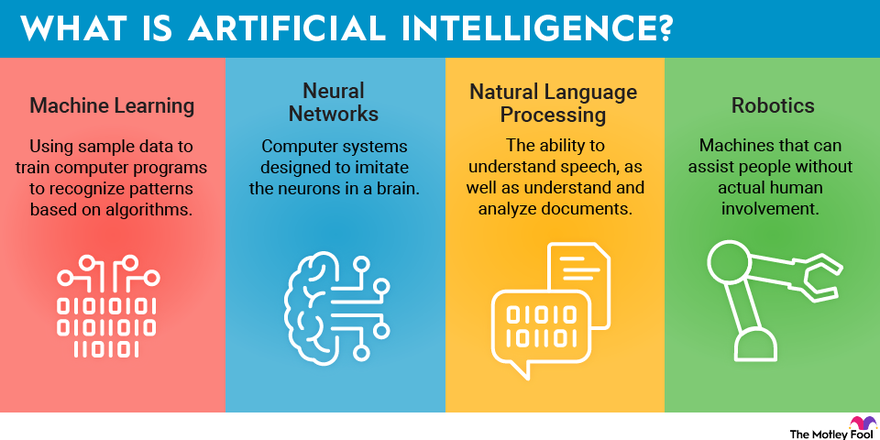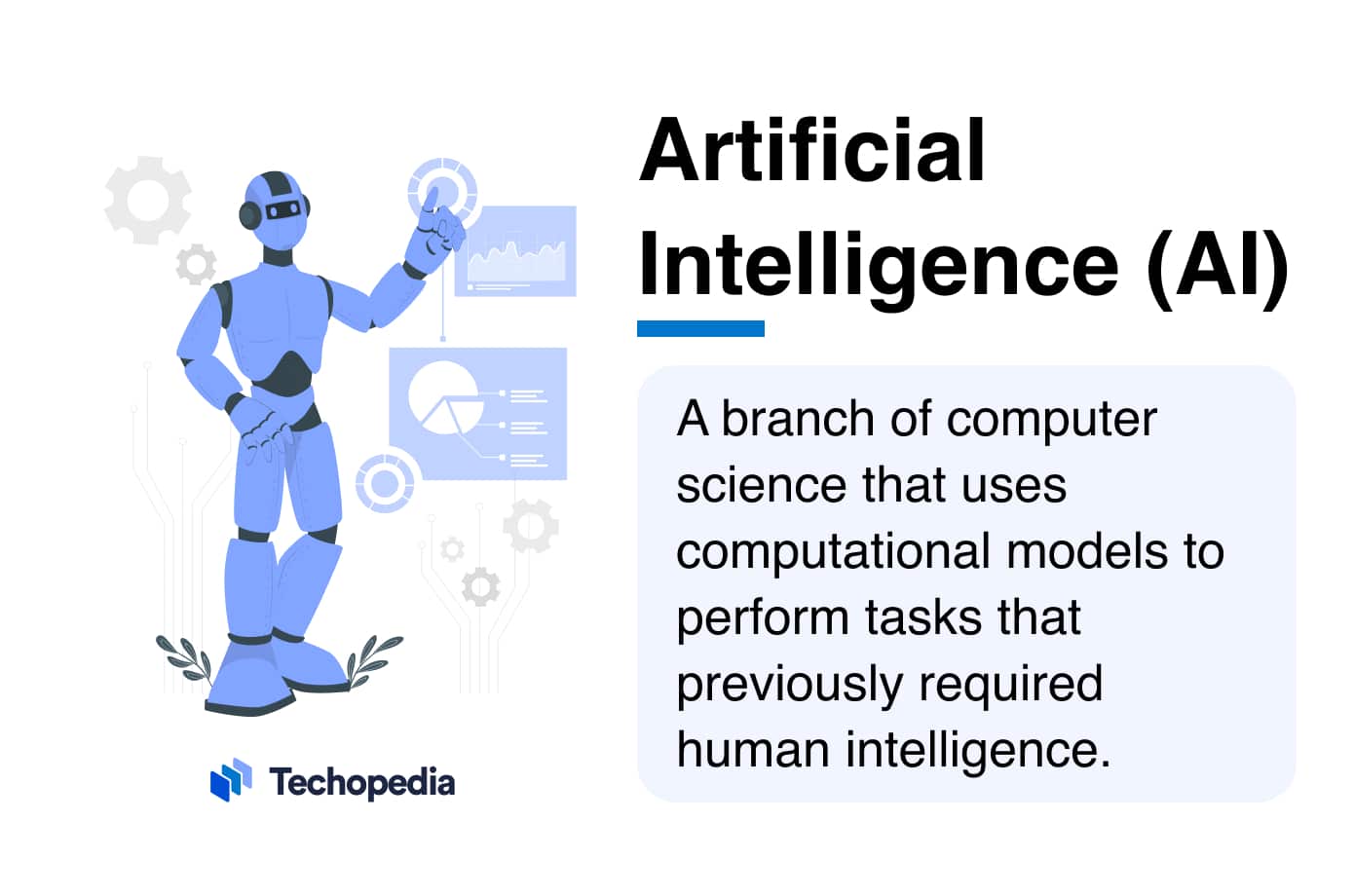Artificial Intelligence, often called AI, is a special kind of technology. It helps machines think and learn like humans. AI is used in many different ways. It makes our lives easier and helps solve problems.
Types of Artificial Intelligence
There are different types of AI. Each type has its own features. Let’s explore the main types below.
Narrow Ai
Narrow AI is also known as Weak AI. It is designed to do one specific task. Examples include virtual assistants like Siri and Alexa. They can answer questions and perform actions.
General Ai
General AI is also called Strong AI. This type can understand and learn any task. It is like a human brain. However, General AI is still not fully developed.
Superintelligent Ai
Superintelligent AI is smarter than the best human brains. It can solve complex problems quickly. This type of AI is still a future concept.
How AI Works
AI works using special techniques. These techniques help machines learn from data. Some common techniques are listed below.
Machine Learning
Machine Learning is a key part of AI. It allows machines to learn from experience. Machines use data to improve their performance. For example, recommendation systems use Machine Learning.
Deep Learning
Deep Learning is a more advanced form of Machine Learning. It uses neural networks to process data. These networks work like the human brain. Deep Learning is used in image and speech recognition.
Natural Language Processing
Natural Language Processing, or NLP, helps machines understand human language. This technique is used in chatbots and translation services. NLP makes it easier for humans to interact with machines.

Credit: www.fool.com
Applications of AI
AI is used in many fields. Here are some common applications of AI.
Healthcare
AI helps doctors diagnose diseases. It can analyze medical images and patient data. AI also helps in creating personalized treatment plans.
Transportation
AI is used in self-driving cars. It helps cars navigate roads and avoid obstacles. AI also improves traffic management systems.
Finance
AI helps in detecting fraud. It can analyze large amounts of financial data. AI also helps in making investment decisions.
Entertainment
AI is used in video games and movies. It creates realistic characters and scenes. AI also helps in recommending content to users.
Benefits of AI
AI offers many benefits. Here are some key advantages of AI.
Efficiency
AI can perform tasks faster than humans. It helps in saving time and resources. AI also reduces human errors.
Automation
AI can automate repetitive tasks. This allows humans to focus on more important work. Automation improves productivity.
Innovation
AI helps in creating new products and services. It fosters innovation and technological advancement. AI opens new possibilities.
Challenges of AI
AI also has some challenges. Here are a few common challenges.
Ethical Concerns
AI raises ethical questions. For example, how should AI be used responsibly? There are concerns about privacy and security.
Job Displacement
AI can replace some jobs. This can lead to unemployment. It is important to find new roles for affected workers.
Bias In Ai
AI can sometimes be biased. This happens when the data used to train AI is biased. It is important to use diverse and fair data.
The Future of AI
The future of AI is exciting. AI will continue to evolve and improve. Here are some future trends in AI.
Ai In Everyday Life
AI will become a part of our daily lives. We will see more AI-powered devices and services. AI will make our lives more convenient.
Ai In Education
AI will transform education. It will provide personalized learning experiences. AI will help students learn at their own pace.
Ai In Healthcare
AI will revolutionize healthcare. It will help in early disease detection. AI will also improve patient care and treatment.
Ai Ethics And Regulations
There will be more focus on AI ethics. Governments will create regulations to ensure responsible AI use. This will help in building trust in AI.

Credit: www.techopedia.com
Frequently Asked Questions
What Is Artificial Intelligence?
Artificial Intelligence (AI) refers to machines simulating human intelligence to perform tasks like learning, reasoning, and problem-solving.
How Does Ai Work?
AI works by using algorithms and data to create intelligent behavior in machines, enabling them to learn and make decisions.
Why Is Ai Important?
AI is important because it enhances efficiency, automates tasks, and provides insights through data analysis, improving decision-making in various fields.
What Are Ai Applications?
AI applications include voice assistants, image recognition, autonomous vehicles, and personalized recommendations in e-commerce and entertainment.
Conclusion
Artificial Intelligence is a powerful technology. It has the potential to change the world. AI offers many benefits but also comes with challenges. The future of AI is bright and full of possibilities.
FAQs
What Is Artificial Intelligence?
Artificial Intelligence, or AI, is technology that makes machines think and learn like humans.
What Are The Types Of Ai?
The main types of AI are Narrow AI, General AI, and Superintelligent AI.
How Does Ai Work?
AI works using techniques like Machine Learning, Deep Learning, and Natural Language Processing.
What Are The Applications Of Ai?
AI is used in healthcare, transportation, finance, and entertainment.
What Are The Benefits Of Ai?
AI offers benefits like efficiency, automation, and innovation.
What Are The Challenges Of Ai?
AI faces challenges like ethical concerns, job displacement, and bias.
What Is The Future Of Ai?
The future of AI includes more integration in daily life, education, healthcare, and a focus on ethics.

